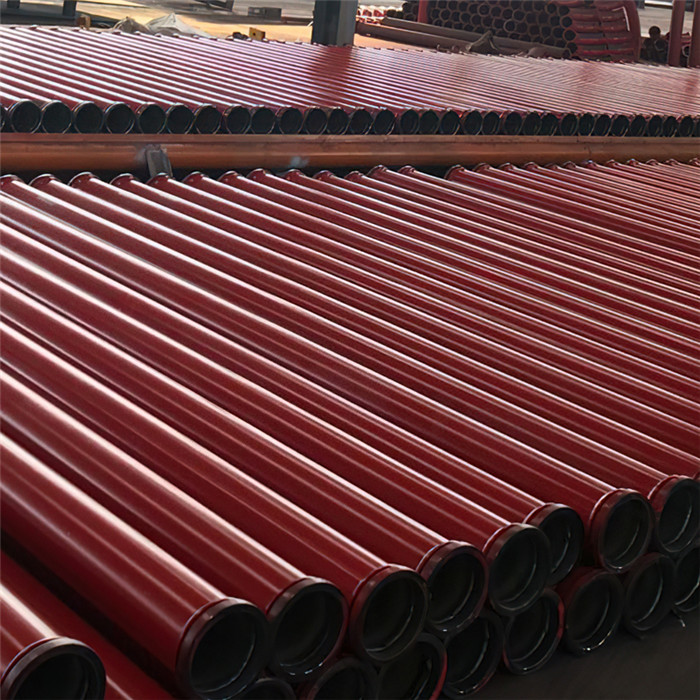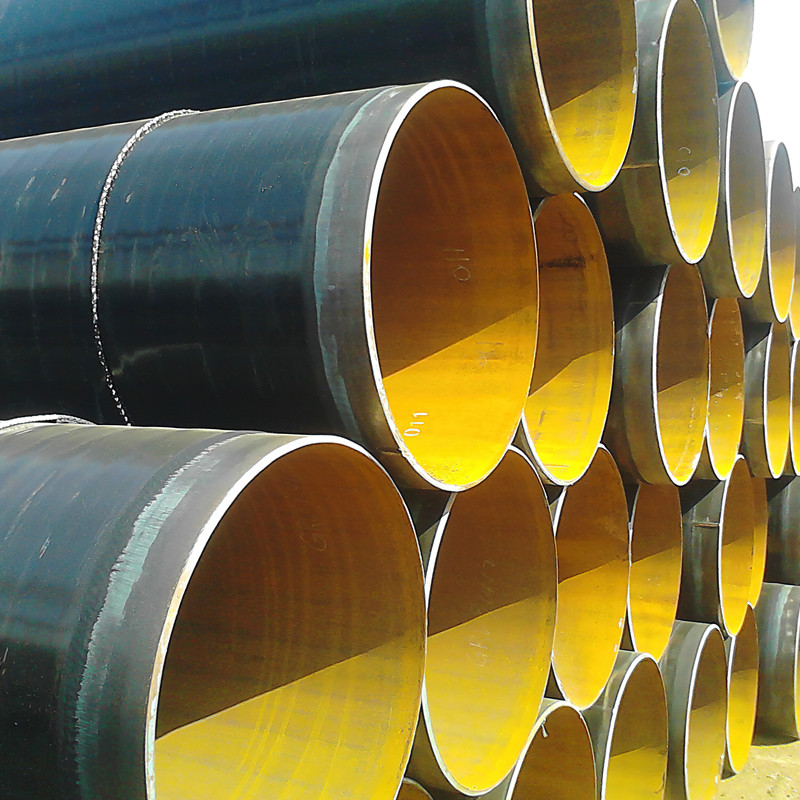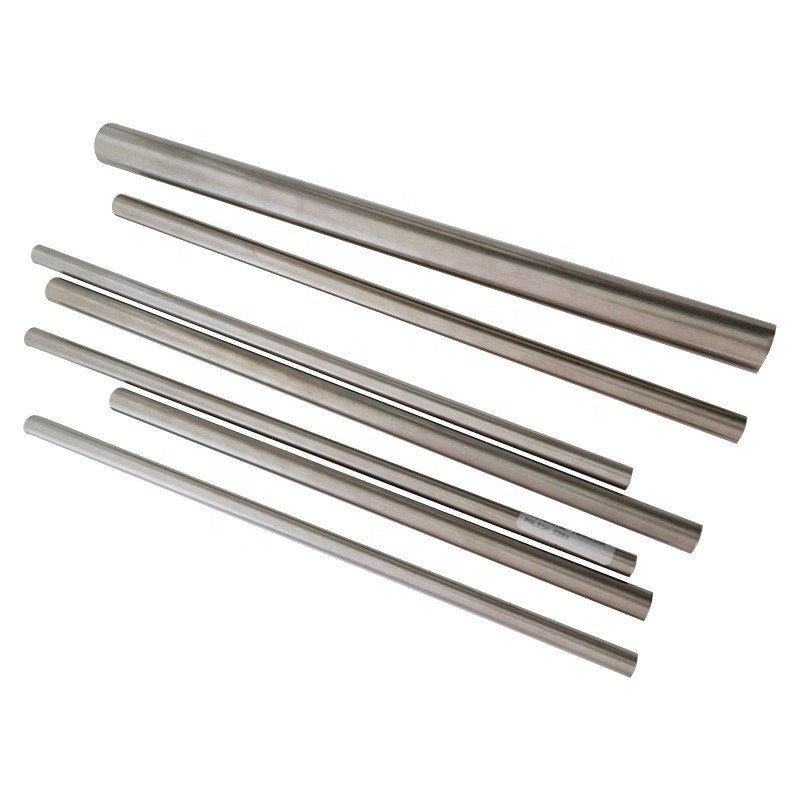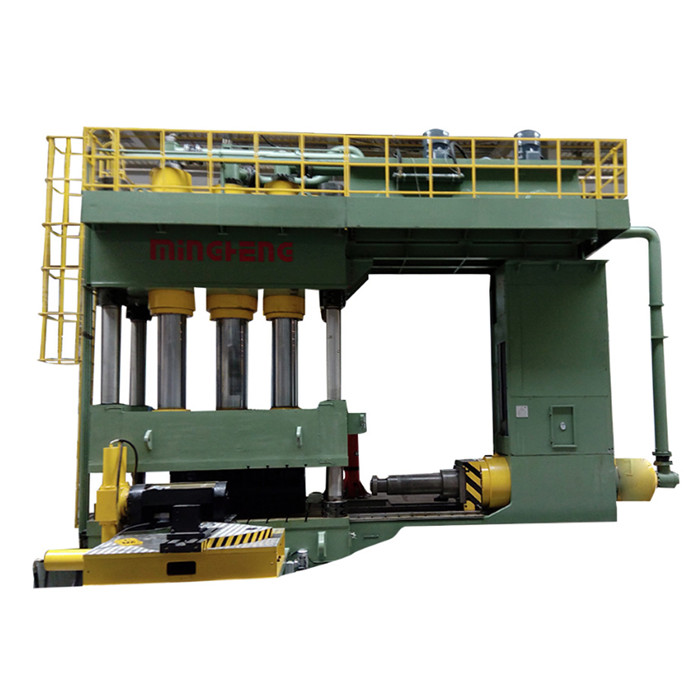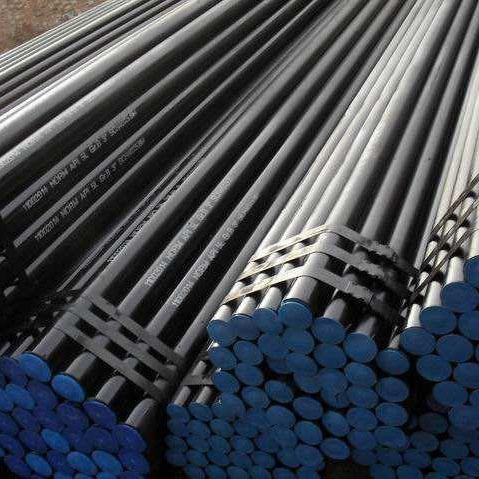A premium flange ensures reliability, strength, and safety across countless pipeline systems in industries worldwide.
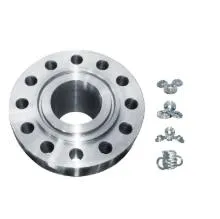
How to Enhance the Connection Strength of the Flange
The connection strength of a flange is the core guarantee of a leak-proof and secure pipeline system. To enhance this critical feature, several methods must be implemented during both the design and installation phases. First, selecting the appropriate flange types is vital. Different applications require different designs—such as slip-on, weld neck, blind, or threaded flanges—each offering unique mechanical advantages.
Precision machining is another key factor. A high-quality flange should have a flawless sealing surface and exact bolt hole alignment to prevent stress concentration points. Reputable mtengenezaji wa flange standards ensure these details are meticulously handled.
Proper gasket selection also plays an important role. Matching the gasket material with the operating pressure, temperature, and fluid type maximizes the effectiveness of the flange seal. In addition, tightening the bolts with an accurate and balanced torque application, using methods like cross-bolting, helps distribute the load evenly across the sealing face.
Choosing corrosion-resistant materials and protective coatings further improves the long-term strength and durability of the flange, especially when exposed to harsh environments or aggressive media. A well-assembled and properly selected flange ensures a robust, long-lasting connection that boosts the overall reliability of the system.
Installation Precautions of the Flange
Installing a flange demands precision and attention to detail to avoid costly failures later. First, surfaces must be cleaned thoroughly; even tiny contaminants like dust, oil, or rust can compromise sealing performance. Alignment is another critical factor—if the pipes and flange are not perfectly aligned, it can cause excessive mechanical stress and potential leakage.
Proper bolt tightening is essential. Over-tightening can warp the flange surface, while under-tightening can lead to insufficient sealing force. Professionals recommend tightening bolts in a crisscross sequence and applying torque in several stages to ensure an even load.
Selection of the correct gasket is also crucial. A mismatched gasket can degrade quickly, compromising the effectiveness of even the highest-quality flange types. Always choose gaskets compatible with both the pipeline fluid and the operating temperature and pressure.
Finally, regular inspection after installation ensures that any early issues, such as minor leaks or loosening bolts, are addressed promptly. Trusting a top-tier mtengenezaji wa flange who provides technical support can make the installation process much smoother and more reliable.
The Role of Flange in the Pipeline System
The flange is far more than a simple connector; it is a vital component that ensures structural integrity, easy maintenance, and operational safety for piping systems. In complex industries like oil and gas, chemical processing, and water treatment, the flange provides a modular system that allows pipes, valves, pumps, and other equipment to be easily assembled or disassembled for inspection, cleaning, or repairs.
Different flange types—such as lap joint, socket weld, and orifice flanges—serve specific functional purposes, enabling engineers to design highly efficient and flexible systems. For example, blind flanges allow pipelines to be securely sealed when they are not in use, while weld neck flanges provide superior mechanical strength for high-pressure applications.
Another crucial function of the flange is to maintain leak-proof connections under dynamic conditions. Vibrations, thermal expansion, and fluctuating pressures can all challenge the stability of pipeline joints, but a high-quality flange with proper gasket and bolting techniques will maintain a reliable seal.
When choosing a flange for sale, considering the operational demands and environmental conditions ensures that the pipeline system benefits from the full advantages a top-class flange can deliver.
Why Choosing the Right Flange Manufacturer Matters
Not all flanges are created equal. Selecting the right mtengenezaji wa flange directly impacts the performance, safety, and longevity of your pipeline systems. A reputable mtengenezaji wa flange invests in top-grade raw materials, precise machining, and stringent quality control processes that lesser manufacturers may overlook.
Premium manufacturers provide full certification and traceability, allowing customers to verify the chemical composition, mechanical properties, and compliance of the flange with international standards such as ASTM, ASME, and DIN. This traceability is especially important for critical infrastructure projects where failure is not an option.
Choosing from a reputable flange for sale inventory ensures that the product not only meets but often exceeds the operational demands placed upon it. Moreover, working with top mtengenezaji wa flange companies provides access to engineering support, helping clients select the most appropriate flange types for their specific applications.
When it comes to operational efficiency and system safety, investing in superior quality from a trusted mtengenezaji wa flange delivers unbeatable value.
Flange FAQs
How can I make a flange connection stronger?
Enhance flange connection strength by choosing the correct flange types, using a compatible gasket, applying proper bolt torque in stages, and ensuring all surfaces are clean and aligned during installation.
What mistakes should be avoided during flange installation?
Avoid dirty sealing surfaces, misaligned pipes, incorrect gasket selection, and improper bolt tightening to ensure the flange maintains a secure, leak-proof connection.
What is the primary function of a flange in piping systems?
A flange enables secure, leak-proof, and easily maintainable connections between pipes, valves, and equipment, facilitating modular system design and rapid maintenance operations.
Why should I choose a reputable flange manufacturer?
Choosing a trusted mtengenezaji wa flange guarantees premium quality materials, strict quality control, certification, and engineering support, all of which ensure a reliable and safe pipeline system.
What factors influence the selection of flange types?
Selection depends on system pressure, temperature, fluid type, maintenance requirements, and mechanical load conditions; each flange type serves specific engineering purposes in a pipeline network.
Post time: Julai . 02, 2025 11:57










